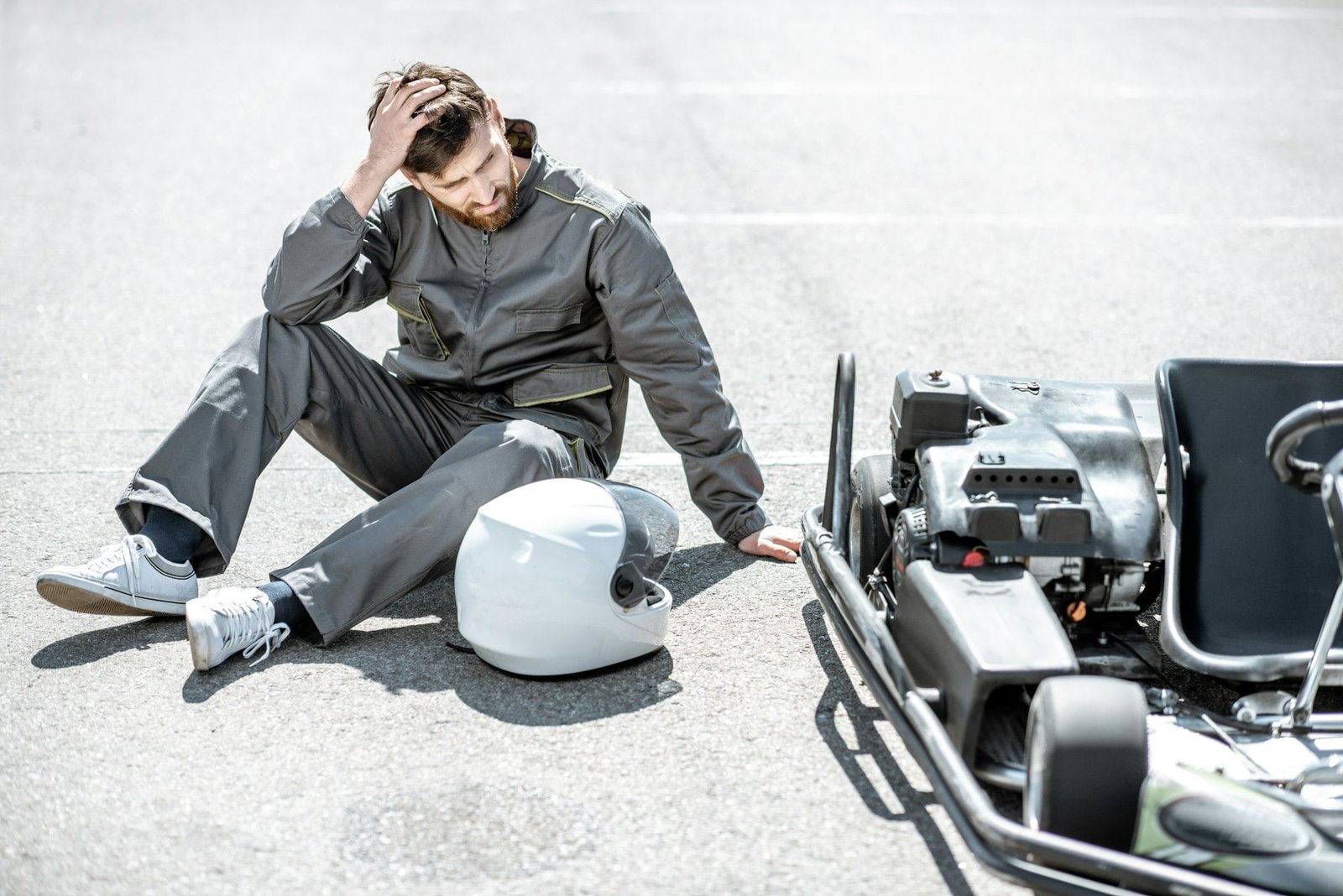Racing into the Future: The Rise of AI in Motorsports Leads to Safer, More Competitive Racing in 2049
Future AI AutomotiveTable of Contents
In the fast-paced world of motorsports, technological advancements have always played a crucial role in pushing the boundaries of performance and safety. As we look towards the future, the integration of artificial intelligence (AI) is revolutionizing the landscape of racing, ushering in an era of safer and more competitive competitions. Let’s explore how AI is transforming motorsports and shaping the future of racing.
Embracing Innovation in Motorsports
Motorsports have always been at the forefront of technological innovation, with teams constantly striving to gain a competitive edge through advancements in engineering, aerodynamics, and vehicle dynamics. In recent years, the emergence of AI has opened up new possibilities for enhancing both the safety and excitement of racing events. From autonomous driving technologies to predictive analytics, AI is poised to revolutionize every aspect of motorsports.
Enhanced Safety Through AI-Assisted Driving
One of the most significant impacts of AI in motorsports is its role in enhancing safety on the track. AI-assisted driving systems use sensors, cameras, and predictive algorithms to monitor the vehicle’s surroundings and anticipate potential hazards in real-time. These systems can assist drivers in making split-second decisions to avoid accidents and collisions, ultimately reducing the risk of injuries and fatalities during races.
Optimized Performance with Predictive Analytics
AI-powered predictive analytics are transforming the way teams approach race strategy and vehicle optimization. By analyzing vast amounts of data, including track conditions, weather forecasts, and competitor performance, AI algorithms can generate insights that help teams make informed decisions regarding tire selection, fuel strategy, and pit stop timing. This not only maximizes performance on the track but also minimizes the likelihood of costly mistakes that could jeopardize race outcomes.
Adaptive Vehicle Dynamics and Control Systems
In addition to improving safety and performance, AI is revolutionizing vehicle dynamics and control systems in motorsports. Advanced AI algorithms continuously monitor and adjust parameters such as suspension settings, traction control, and torque distribution to optimize handling and stability during races. This level of adaptability ensures that drivers can extract the maximum performance from their vehicles under varying track conditions, enhancing the overall competitiveness of racing events.
Real-Time Telemetry and Feedback
AI-enabled telemetry systems provide teams with real-time data and feedback on vehicle performance, allowing engineers to make rapid adjustments and optimizations throughout the race. From monitoring engine health to fine-tuning aerodynamics, AI-driven telemetry systems offer unprecedented insights into the inner workings of the vehicle, empowering teams to stay ahead of the competition and make strategic decisions on the fly.
Conclusion:
In conclusion, the rise of AI in motorsports is transforming the landscape of racing, ushering in a new era of safety, competitiveness, and innovation. From AI-assisted driving systems to predictive analytics and adaptive vehicle dynamics, AI is revolutionizing every aspect of the sport, pushing the boundaries of what is possible on the track. As technology continues to evolve, we can expect motorsports to become even safer, more thrilling, and more competitive, ensuring that racing remains at the forefront of innovation well into the future.
FAQs:
How does AI enhance safety in motorsports?
AI-enhanced driving systems use sensors and predictive algorithms to monitor surroundings and assist drivers in avoiding accidents. By anticipating hazards and providing real-time feedback, AI enhances safety on the track, reducing the risk of injuries and collisions.
Can AI improve race strategy and performance?
Yes, AI-powered predictive analytics analyze data to optimize race strategy, including tire selection, fuel strategy, and pit stop timing. This improves performance on the track and minimizes the likelihood of costly mistakes.
What role does AI play in vehicle dynamics and control systems?
AI continuously monitors and adjusts parameters such as suspension settings and traction control to optimize handling and stability during races. This adaptability ensures drivers can extract maximum performance from their vehicles under varying conditions.
How do AI-enabled telemetry systems benefit racing teams?
AI-enabled telemetry systems provide real-time data and feedback on vehicle performance, allowing teams to make rapid adjustments and optimizations throughout the race. This empowers teams to stay competitive and make strategic decisions on the fly.
Will AI completely replace human drivers in motorsports?
While AI plays an increasingly significant role in motorsports, it is unlikely to completely replace human drivers. Instead, AI will continue to complement human skills and enhance safety and performance on the track.
